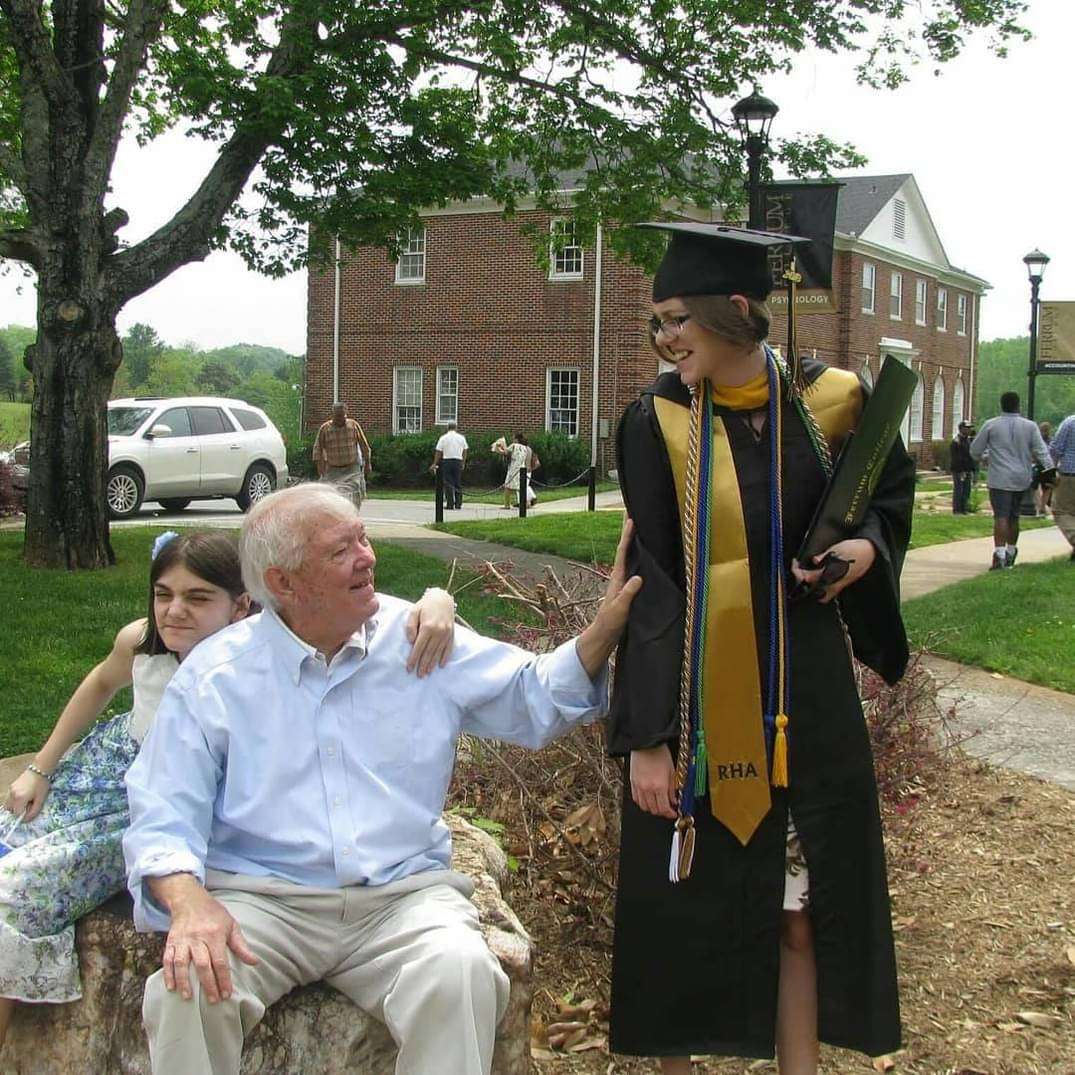![americafacebook[1]](https://alleghenycampus.com/wp-content/uploads/2011/04/americafacebook1.jpg)
This mindset consumed the American public as they became enamored with a Democratic up-and-comer named Barack Obama, even before he ran for presidency in 2008. It undoubtedly humbled the both of us after he became President. In 2004, he was honored as the keynote speaker at the Democratic National Convention before he was even a Washington politician.
And then he surprisingly won the Iowa Caucus and reminded us that we should all unite around the common feeling of “Hope.” In New Hampshire, he cited well-known historical examples where Americans overcame obstacles with the spirit of the slogan, “Yes We Can.” And after Obama accepted the Democratic Nomination in St. Paul, Mn. in June of 2008, he introduced the political ideal of “Change” : a common goal for all Americans, regardless of party affiliation, an ideal exemplified by actions throughout the nation’s history.
America started to have a little crush on Obama. We thought to ourselves, “Obama’s right, we all share hope for a better future in America,” or, “Obama’s right, every issue can be solved by saying, ‘Yes we can,’” and finally, “Obama’s right, all we need is change, a collective change.”
Then we found ourselves head over heels in love with Barack Obama. Nothing he could’ve done would’ve altered our belief that only Barack Obama could translate his campaign rhetoric of unity into a real change in government.
Obama and the American public were now what you would consider “Facebook Official.” Obama triumphed as the 44th President, but that’s where the fairytale ends. Things were great between Obama and the nation for a while, and then we got a little annoyed with each other. The American public began to see the limitations of a charmer like Obama. Cynics entered the fray.
The 24-hour news media treats President Obama like the The Situation treats his male roommates: leave your girlfriend near him, and you better believe she’s gonna go with him. That’s what happened with our relationship. Fox News, CNN and even MSNBC sweet talked us with their “The grass is greener on the other side” rhetoric. We began to see how Obama was having trouble passing just about everything he promised us leading up to the election. All of us “common folk” were still looking for jobs, still paying high premiums on health care and still receiving Social Security payments late.
Politically speaking, Obama entered office with huge majorities in both the House and the Senate, more than President Bush ever had. The folksy Republican president anyone would drink a beer with passed any legislation he proposed with much less political capital, and far fewer political expectations.
In contrast, Obama had great expectations from the public and couldn’t pass a cold, much less any of his liberal agenda, without legislative concessions the President made for the feisty Republican minority.
Additionally, Obama lied to us about the political ideal of “Change” for American government. I suppose Republican leaders interpreted Obama’s campaign rhetoric something like this: “‘Hope’ for a candidate with as little experience as Obama to become President; ‘Yes We Can’ bully this inexperienced President in the media, in the public and in Congress; and ‘Change’ needs to begin with America’s simple-minded perception that a politics of sentiment has zero politically tangible results.” The Republican takeover in the 2010 mid-term elections magnified the limitations of Obama’s attempt at governing through general sentiment.
Obama’s campaign made us fall in love. He seduced us into believing that we could establish a long-term relationship. Obama’s tenure showed us why we shouldn’t trust ourselves when we fall in love with an inexperienced, charismatic politician. As a result, we’re in the midst of filing for divorce with Barack Obama. In the market for a new love interest in 2012, we may be seduced by an experienced old guy with a lot of money, and so the hopelessly romantic story continues.





